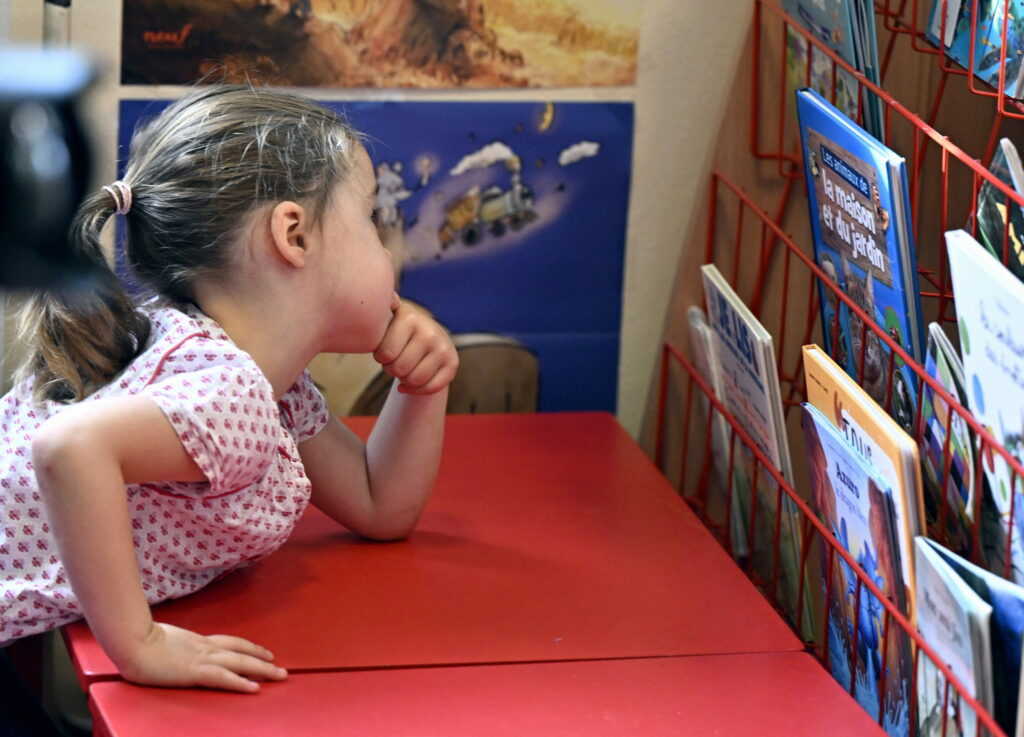A claim made by former Flemish Minister of Education Ben Weyts' (N-VA) that pupils who do not speak Dutch at home performed worse in reading comprehension has been refuted by a new study.
In the latest edition of the Progress in International Reading Literacy Study (PIRLS), an international, quinquennial study of reading achievement of fourth-grade children (ages 9-10), Flanders experienced a significant decline in its score.
While the Flemish region still performed better than Wallonia, it achieved an average score of 511 – 36 points lower than the first study Belgium participated in 15 years ago. Wallonia dropped six points in 15 years.
At the time, Weyts pointed the finger at the responsibility of parents, especially non-native Dutch speakers.
"They need to immerse their children in Dutch at home, especially when you see that those who speak no or hardly any Dutch at home score worse and that that group is only getting bigger." He repeated calls for sanctioning parents if they don't learn Dutch.
However, 1.5 years after the results came out, a group of researchers from KU Leuven and UGent have proven that a pupil's home language matters less than thought.
Nuance needed
In fact, the researchers found that the performance of pupils who always speak Dutch at home deteriorated the most between 2016 and 2021. Now, one in five of those pupils falls into the worst-scoring group.
The extent to which a person speaks Dutch at home does still partly predict how well they score in reading comprehension. Compared to pupils who grow up in an exclusively Dutch-speaking household, pupils who never speak Dutch at home lag about one year behind, on average. As many as 46% of these pupils are in the group of worst performers.
However, when a family's socio-economic background is taken into account, that backlog drops to seven months. "There are many reasons, apart from home language, why a child may fall behind in reading," lead researcher Katrijn Denies (KU Leuven) told De Morgen. For example, a child may be a native Dutch speaker but live in a home with few books and absent parents.
"There is very often a black-and-white view of home language in education," said Denies. "By definition, non-native-speaking children are supposedly not good at reading comprehension. But the truth is much more nuanced."
The researchers also refuted the claim from N-VA that the Catholic education system saw the biggest drop in performance, and that the reduced score was down to fill-in books. However, when checking students' performance on open-ended questions, they did not fare worse. "The reading problem is not explained by a writing problem."

